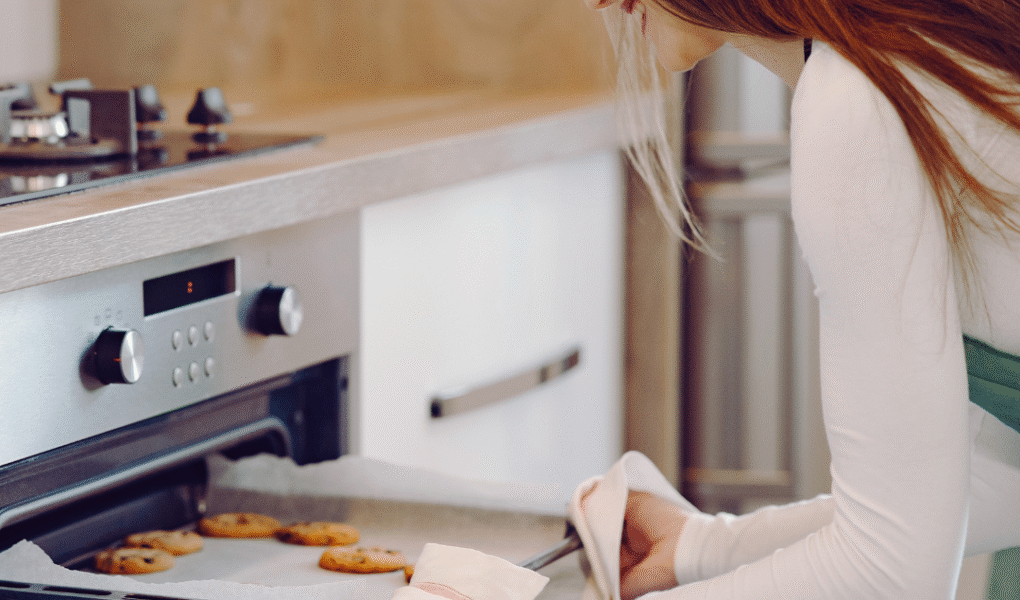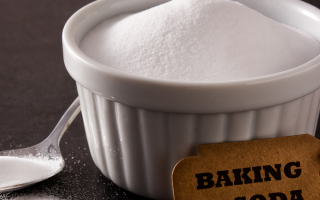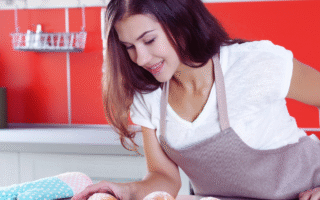Baking serves as a powerful tool for alleviating stress and anxiety. Engaging in the rhythmic motions of measuring, mixing, and kneading can create a meditative state, allowing the mind to focus solely on the task at hand. In this way, baking provides a productive distraction from daily worries and fosters a sense of accomplishment.
The sensory experiences involved in baking, from the aroma of freshly baked goods to the satisfaction of creating something from scratch, can significantly boost mood. Not only does this activity stimulate the release of endorphins, but it also encourages mindful practices, promoting overall mental well-being.
As individuals navigate their busy lives, carving out time to bake can lead to a healthier mindset. By nurturing creativity and encouraging a break from routine, baking becomes a form of self-care that helps restore balance amidst chaos.
The Therapeutic Benefits of Baking
Baking provides specific therapeutic benefits that can alleviate stress and anxiety. Engaging in the process fosters mindfulness, emotional expression, and offers a constructive distraction.
How Baking Reduces Stress
Baking involves several steps that require focus and attention, diverting the mind from stressors. Measuring ingredients, mixing, and observing the transformation of raw components into a finished product can be meditative.
The rhythmic actions of kneading dough or whisking batter promote relaxation. This repetitive nature can induce a calming effect, lowering cortisol levels, which are associated with stress.
Additionally, the scents and aromas released during baking can evoke positive memories, creating a sense of comfort and safety. This sensory engagement can enhance relaxation and improve mood.
Emotional Regulation Through Baking
Baking serves as a creative outlet for emotional expression. Individuals can channel their feelings into the act of creating, which can help in processing emotions.
Choosing flavors, colors, and designs allows for personal expression. This creativity can build self-esteem and reduce feelings of sadness or frustration.
Baking can also provide a sense of accomplishment. Completing a recipe boosts mood and instills a sense of control. Sharing baked goods with others promotes connection and support, further contributing to emotional well-being.
Baking as a Tool for Managing Anxiety
For those managing anxiety, baking can act as a grounding activity. Focusing on tangible tasks can steer the mind away from spiraling thoughts.
The structured nature of following a recipe fosters predictability in an otherwise uncertain environment. This predictability can help create a sense of security.
Moreover, the act of baking can boost serotonin levels, improving overall mental health. Engaging in the process offers a moment of joy and satisfaction, which can be vital for individuals dealing with anxiety and depressive symptoms.
Building Mindfulness and Routine in the Kitchen
Engaging in baking can foster a comforting structure in daily life. Through routine and mindful practices, food preparation transforms into a therapeutic experience, reducing feelings of stress and anxiety.
The Calming Power of Routine
Establishing a consistent baking schedule introduces stability. This routine is essential for creating a sense of predictability in a busy life.
- Pick a Specific Day: Choosing a particular day for baking can offer something to look forward to each week.
- Set Timed Sessions: Allocating specific time slots for baking prevents it from feeling like a chore.
This rhythm allows individuals to immerse themselves in the process, diverting thoughts from stressors. The repetitive actions of measuring, mixing, and kneading can provide a soothing experience and help achieve mental clarity.
Mindful Cooking Practices
Mindfulness in baking can enhance focus and presence. By fully engaging in each step, individuals can experience a more intimate connection with their food.
- Focus on Ingredients: Taking time to appreciate the colors, textures, and aromas of ingredients can heighten sensory awareness.
- Follow Recipes Intently: Carefully reading and executing a recipe promotes concentration on the task at hand.
Simple practices, such as slowing down and taking deep breaths, can amplify this mindfulness. These practices redirect attention away from stress, fostering a calming atmosphere in the kitchen.
Social Connections and Sharing Through Baking
Baking not only serves as a creative outlet but also fosters social connections. The act of sharing baked goods can build relationships and transform moments of solitude into opportunities for communion. In today’s digital age, the role of social media and online communities has amplified these connections.
Leveraging Social Media for Community Support
Social media platforms allow bakers to showcase their creations and connect with others who share similar passions. Instagram, Facebook, and TikTok are popular for sharing photos, videos, and recipes. This interaction can foster a sense of belonging and promote emotional well-being.
Bakers often participate in challenges or themed baking days, using hashtags to connect with wider audiences. For example, posting under specific hashtags can lead to support and encouragement from followers. Engaging with comments and sharing tips creates a feedback loop that enhances the baking experience.
#quarantinebaking and the Rise of Online Baking Communities
The pandemic sparked a significant surge in #quarantinebaking, encouraging people to explore baking as a stress-relief method. As people navigated isolation, online communities flourished. These platforms, including Reddit and dedicated baking forums, became spaces for sharing experiences and recipes.
Members discuss personal data, such as dietary restrictions or ingredients on hand, to create inclusive environments. The sharing of successes, failures, and tips helps to normalize the challenges of baking. This shared journey reinforces bonds among participants and enhances their culinary skills, creating lasting friendships in the process.
Practical Tips for Stress-Reducing Baking
Baking can serve as a therapeutic activity, providing a creative outlet and a sensory experience that distracts from stress. Selecting appropriate recipes and practicing safety in the kitchen can enhance the calming effects of baking, making it a more enjoyable experience.
Choosing the Right Recipes for Relaxation
Selecting recipes that require minimal ingredients or straightforward techniques can reduce stress. Simple recipes, such as cookies, muffins, or quick breads, can be satisfying without overwhelming the baker.
Consider the following tips:
- Familiarity: Choose recipes previously enjoyed. Familiarity can lead to a more relaxed baking experience.
- Time Commitment: Opt for shorter recipes that can be completed in less than an hour. This can prevent feelings of burnout.
- Creative Freedom: Allow for variations in recipes. Substituting ingredients can enhance creativity and personal expression.
Choosing recipes aligned with one’s skill level fosters confidence and enjoyment.
Safety and Wellbeing in the Kitchen
Ensuring a safe baking environment contributes to a more enjoyable experience. Taking specific precautions can help prevent accidents and maintain focus.
Key safety tips include:
- Clean Workspace: Keep the cooking area clutter-free to avoid accidents. Wipe down surfaces and organize tools before starting.
- Use Proper Equipment: Utilize suitable and well-maintained tools, such as sharp knives and oven mitts, to avoid injuries.
- Food Safety Practices: Follow guidelines for ingredient storage and handling. Wash hands before preparation and ensure thorough cooking to prevent foodborne illnesses.
Prioritizing safety and cleanliness helps in creating a calm and stress-free baking atmosphere.




